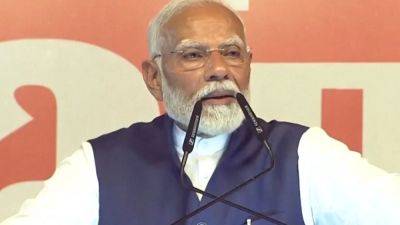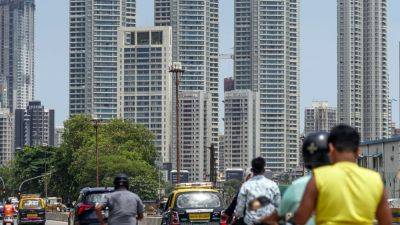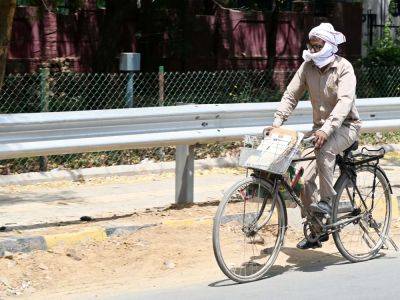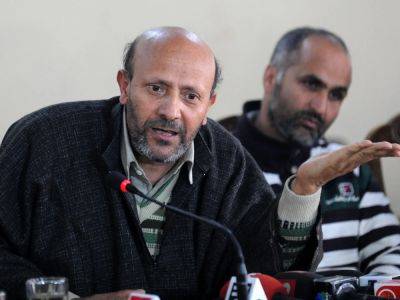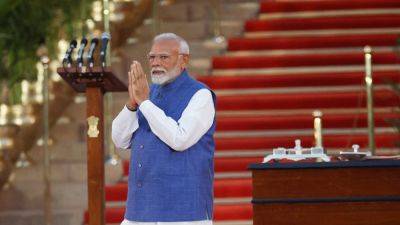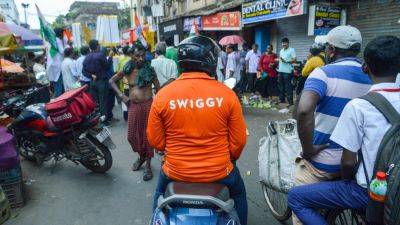CNBC's Inside India newsletter: Modi's loss could be India's gain
This report is from this week's CNBC's "Inside India" newsletter which brings you timely, insightful news and market commentary on the emerging powerhouse and the big businesses behind its meteoric rise. Like what you see? You can subscribe here.
India changed in a day.
Or at least the perception of Indian politics did earlier this week when results from the marathon six-week-long General Elections were revealed.
Far from rewarding Prime Minister Narendra Modi's party with a supermajority — as polls had predicted — Indians elected 240 BJP lawmakers to India's 543-seat Parliament, which falls short of a simple majority for Modi's party.
However, as the largest party, the BJP will form a coalition government thanks to its alliance with smaller parties ahead of the elections.
Without further plot twists, Modi will likely be sworn in as prime minister this weekend. However, the weakened mandate has damaged his brand.
"Modi's air of invincibility is shot," said Gavekal Research's Tom Miller and Udith Sikand on Wednesday. "In future he will face political challenges not only from opposition leaders but internal party rivals as well."
One needn't wait for those challenges. The dent to the BJP has been enough for speculators to float the idea — however outlandish it may be — that the opposition alliance could form a government by enticing the BJP-led alliance's smaller coalition partners over to their side.
Stable coalition
For Wall Street, the fact that Modi will take office for a rare third term offers stability and predictability.
"Today's situation in India is different because of the strong positive impact Modi has made on the market, but at the end of the day, Modi is still in power and the market should take comfort in seeing


